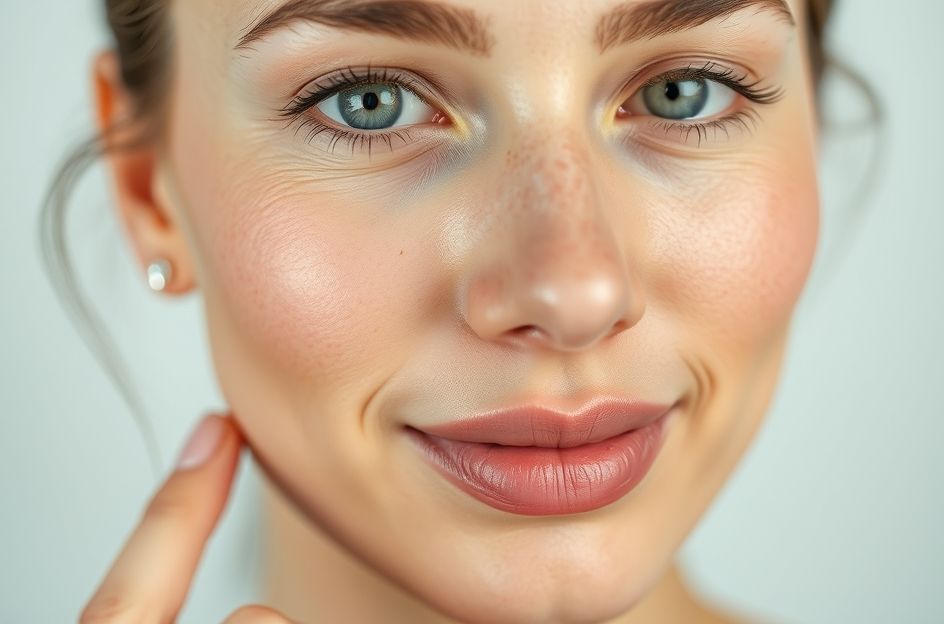Topical treatments are a cornerstone of acne management. To effectively combat acne, these treatments should address key factors: reducing inflammation, clearing blocked pores, eliminating bacteria, and controlling excess oil production. Several topical options are commonly used to achieve these goals.
**Benzoyl Peroxide:** A long-standing and widely used acne treatment, benzoyl peroxide works by removing excess oil, unclogging pores, and killing bacteria. It’s available in creams and gels. A common side effect is dryness, sometimes accompanied by redness and swelling. Adhere to recommended dosages to minimize these effects.
**Salicylic Acid:** Primarily used for non-inflammatory acne, salicylic acid helps to correct the abnormal shedding of skin cells that leads to pore blockage. While it doesn’t directly kill bacteria or reduce sebum, its ability to unclog pores makes it effective against whiteheads and blackheads.
**Sulfur and Resorcinol:** Often combined, sulfur and resorcinol work together to unclog pores and reduce excess oil. This combination is effective against whiteheads and blackheads but may cause skin peeling or redness.
**Alcohol and Acetone:** This combination features alcohol, a mild antimicrobial agent, and acetone, a solvent that cleanses dirt and oil. It can be used to treat mild acne.
**Azelaic Acid:** Azelaic acid reduces the population of *P. acnes* bacteria and helps normalize skin cell shedding, reducing inflammation. It’s used for mild to moderate acne. While generally well-tolerated, it can cause dryness and may lighten the skin in the application area.
**Topical Antibiotics:** Antibiotics like clindamycin, erythromycin, and sodium sulfacetamide target the *P. acnes* bacteria responsible for inflammation. Prolonged use can lead to antibiotic resistance, so use as directed by a doctor is crucial. Common side effects are dryness or irritation, which should be reported to your doctor.
**Topical Retinoids:** Derived from Vitamin A, retinoids are effective for mild to moderate acne. Formulations contain active ingredients like adapalene, tazarotene, and tretinoin. Retinoids clear clogged pores, possess anti-inflammatory properties, and can even reduce fine lines and wrinkles. Because they may cause skin irritation and some have shown birth defects in animal trials, topical retinoids should be used under medical supervision.
**Disclaimer:** This information is for educational purposes only and does not constitute medical advice. Always consult with a qualified healthcare professional for any health concerns or before making any decisions related to your treatment plan. Any actions taken based on the information in this article are solely at your own risk.
